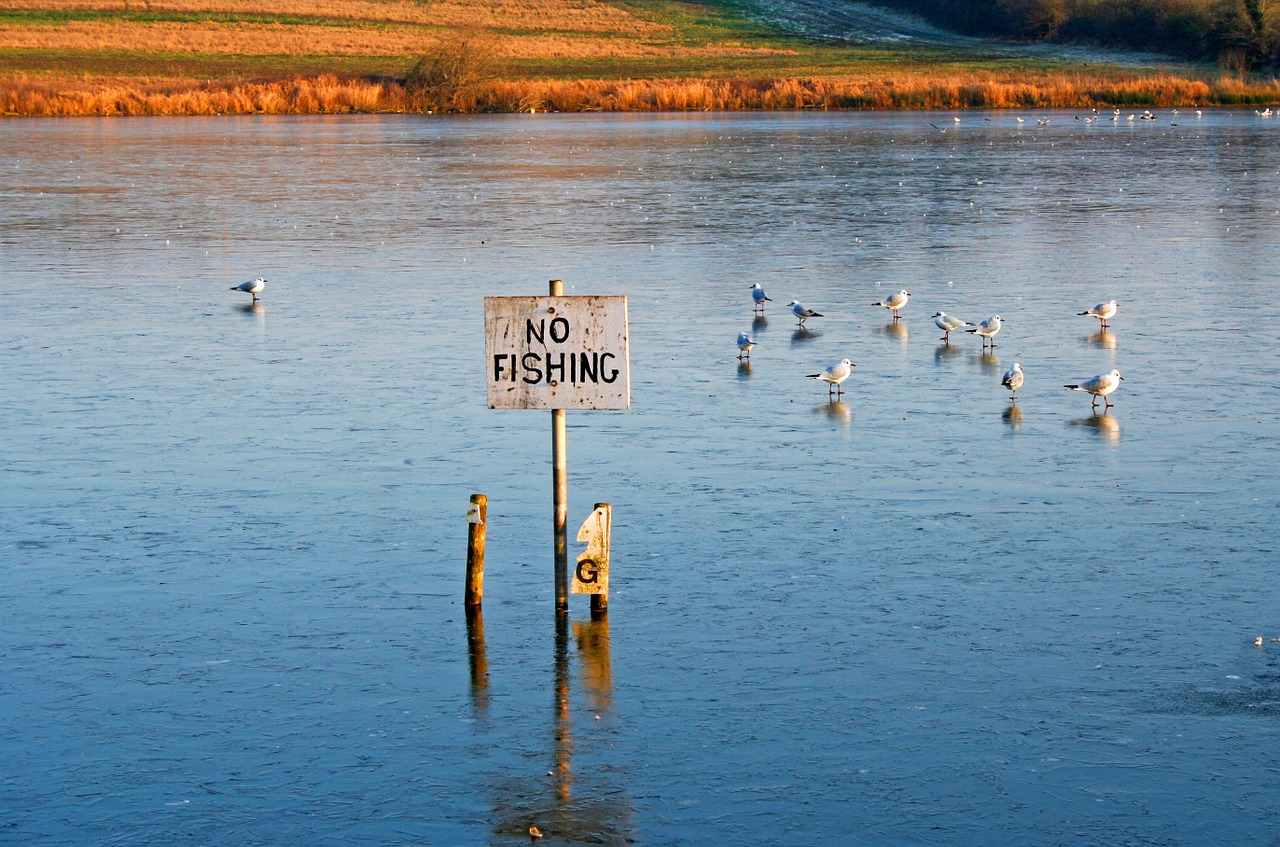Successful law firm websites and legal blogs create a strong flow of web traffic, better rankings, and a reputation for excellence that ends with clients signing the dotted line.
However, having a strong web presence is not all rainbows and roses. As search engines recognize your website’s importance and relevance for certain search queries, so too do other marketers and content writers. Your law firm’s website suddenly becomes a goal for them: If they can score a backlink from your site to their own, it would boost their site’s SEO ranking.
One of the downsides of your online success is the annoyance of backlink fishing expeditions.

The Concept and the Mild Annoyance of Backlink Fishing
The thought behind backlink fishing is simple: It helps my site whenever a major, reputable website links to it. So I’m just going to email whoever is in charge of one and see if they’ll link to my site.
Scoring the backlink can be huge. Being told no is not a setback. So website owners and online marketers set out on backlink fishing expeditions frequently.
These expeditions are mildly annoying, though, when you have put together a nice, reputable website that is producing well.
What a Backlink Fishing Expedition Looks Like, from the Target’s Point of View
Most backlink fishers send emails to whatever email address is listed most prominently on a site. If there’s an online contact form to fill out like ours, they use that.
Some of the boldest backlink fishers call the listed phone number. However, this practice seems to be dying.
Depending on the prominence and the SEO of your law firm’s website, though, you could be receiving several emails every day from backlink fishers. While spam blockers can detect and filter some of them, most of these emails are coming from professional marketers who literally write marketing emails that get through spam filters for a living.
Nearly all of these emails make one of two different arguments:
- You should link to one of our online assets, or
- Let me write a guest post so I can link to one of our online assets
The “You Should Link to Us” Ploy
In the legal field, it seems that the majority of backlink fishing expeditions urge you to link to a particular page.
These emails look like this example from the legal marketing field that we once received:
I read another post of yours, about the basics of technical search engine optimization, at https://www.myersfreelance.com/basics-of-technical-seo/ and I am glad that you included mobile-friendliness as an important Google ranking factor. Due to that, I would like to present you our new free tool for tracking the performance of a website… [NOTE: We’ve redacted the part where they include their link, to hide their identity]… I would be grateful if you could mention our tool within this post since I genuinely believe it could be a very useful additional resource for your visitors who would like to check how their website performs on both desktop and mobile?
Some of these fishing expeditions are more tactful, like this one we received a few months back:
I appreciate how busy you are, so I’ll keep things short and simple. I came across some of your work recently and noticed we cover related topics.
My team’s latest infographic is titled… and I thought it might be a piece that would resonate well with your audience.
Could I send the piece over so you can take a look and see if you agree?
Other common claims have included:
- The link on your page X has broken, so you should link to our page Y, instead
- Your link to page A is old or outdated – our page B is newer so you should link to it, instead
All of these backlink fishing enterprises are made to seem like you’re being done a favor: “Oh dear, a link in my legal blog post has broken, thanks for pointing it out! You’ve even sent over a site to replace it? You’re the best! Of course I’ll link to it!”
The problem is that the page that backlink fishers are recommending is rarely on point. In the first example, above, the “new free tool for tracking the performance of a website” that was being proffered had little to do with the specific topic we had discussed in the blog post – namely, a site’s mobile-friendliness. Yes, the two are connected, but only vaguely.
The Guest Blogging Ploy
Slightly less common in the legal field is the request to write a guest blog post.
These requests are simple and often take the lines of: “I read your legal blog posts and think they’re great. I write similar content and would love to have the opportunity to write a guest post on your blog.”
To the uninitiated, this seems like nothing but a win for you. Take a week off and let someone else write my legal blog? Yes, please. I’ll spend those three hours at the links.
In between the lines of the request, though, is the insinuation that the guest blogger is going to drop a link in their author byline to their own page, and will utilize every opportunity they can to cram other links in the rest of the article they pen and post to your site.
And what happens when a legal blog post is primarily focused on promoting other websites through backlinks? The content suffers, and so will your law firm’s reputation.
Worse, guest blogging for backlinks has become such an important tool for online marketing that the writers offering to do it have outright lied about their credentials to win guest blogging posts.
[UPDATE 7/8/2019: Finally, when the chief goal of guest blogging is scoring a backlink, the process of researching your website becomes a step too far for guest bloggers. To wit: Mere hours after publishing this article, a want-to-be guest blogger (or possible comedian) emailed Myers Freelance, offering to write an article “that discusses how business owners can find and hire freelance workers who will help their companies flourish.” Said writer promised to “do plenty of research,” though that apparently did not involve scanning the headline for our most recently published blog post.]
To Emphasize: Backlink Fishing is a Ploy and You are the Target
Whether it’s from someone pointing out a potential problem in your legal blog post or offering to write for you, these emails sound helpful. They like someone on the internet looking out for you or offering to help, though, because that is how they are made to sound. They are all a ploy to score a backlink from a highly-reputable website, and you are just a foil that needs to be persuaded to let them get what they want.
How to Respond to Backlink Fishing

Backlink fishers are a minor inconvenience, in the grand scheme of things. They’re an email to open and then disregard as soon as you recognize what’s going on.
However, we conducted a little experiment and went several months without responding at all to backlink fishers. 80% of them followed up with a second email. 25% send a third. As a result, we’ve gone back to responding to them, even if only to flatly deny their request with a standard response of, “Thanks for letting me know. We’re not interested.”
That’s not to say backlink fishing expeditions are completely worthless to you. They can alert you to links that have broken in your legal blog posts so you can fix them for your readers.